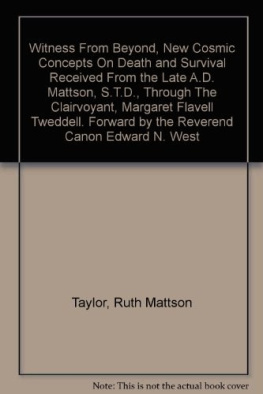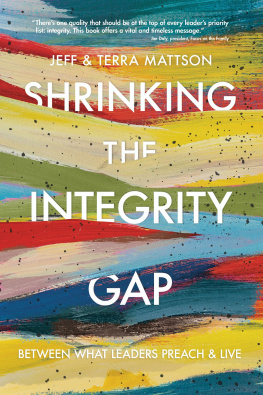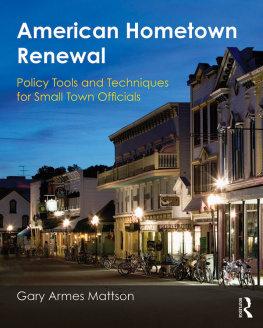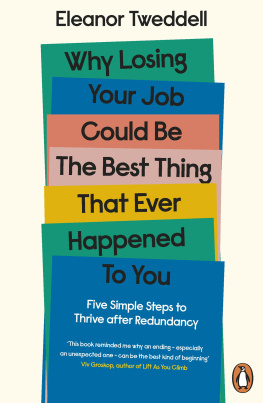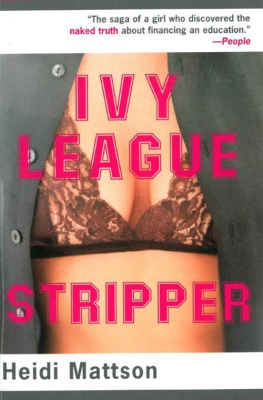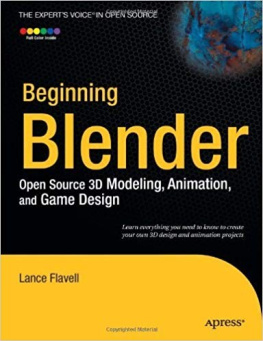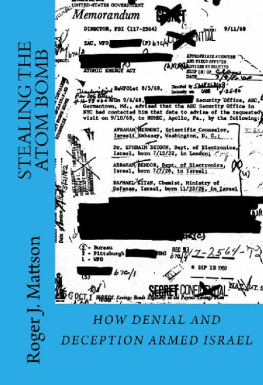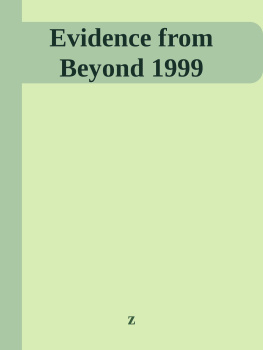HAWTHORN BOOKS, INC.
Copyright 1975, by Ruth Mattson Taylor.Copyright under International and Pan-American Copyright Conventions. All rights reserved,including the right to reproducethis book or portions thereof in any form, except for the inclusion of brief quotations in a review. Allinquiries should be addressed to Hawthorn Books, Inc., 260 Madison Avenue, New York, New York 10016. This book was manufacturedin the United States of America and published simultaneously in Canada by Prentice-Hall of Canada, Limited, 1870 Birchmount Road, Scar borough , Ontario .
Foreword
For a strictly orthodox theologian the reality of theworld of the spirit is not even subject to debate; it is the true world of which ours isbut the clouded mirror image. One cannot, day after day, say "therefore with Angels andArchangels, and with all the company of heaven, we laud and magnify thy glorious Name" without such an idea becomingdominant in the mind.
In the consistent practice of religion one becomesacutely aware of what may be termed "influences"all those strange bits of precognition, the knowledgeof important events taking place in far-removed places, the curious distinction between a "happy" house and an"unhappy" one, panic, fear,an inexplicable sense of horror, et cetera. All these argue for senses other than the exclusively materialones. They may be apprehended byagreed-upon symbols, such as the cloud in Holy Scriptures or the ravenflying back and forth over the cross on thedome of St. Paul's, or they may be objectified in some other form that the individual will find credible,such as a dream or vision. The moresophisticated the person, the less willbe the degree of objectification. The methodology is quite unimportantfor all that matters is the authenticity of the message. Is it true?
In the matter of communication between the realm ofspirit and the realm of matter, we doubtless often make distinctions that aremeaningless. How does one hear a nonvoice? In what form does a spirit have todisguise itself to be known to us? To what degree does the personality and mentality of the medium unconsciously distort the communication? The mostdistin guished clairvoyants I have met are hypersensitive about the too-easy charlatanism of the professional"mind reader" type. That someone who has never seen me beforecan tell me what my father looked likeleaves me totally unim pressedthatcan be drawn directly out of my mind. It may prove something about ESP, but itproves nothing about my father.
When someone who has nevermet me starts producing my father's thoughtform on a subject. he and I never discussed, I am impressed. Thought form is for me as unique as an in dividual's handwriting. For example, I wouldrecognize Bishop Manning's thoughtform on any subject. I mean exactly that. My criteria for the crediblecommunication of personality are thought form and unexplored thinking.
What emerges from this bookis a consistent, highly original mind. AD'S descriptions avoid every clich inthis field. The utopian approach to anotherworld is never evident. The handlingof visibility and recognition could have been dictated by Gregory of Nyssa. The nonsentimental handlingof a serious pastoral problem soundstotally unlike any bit of sweetness and light ever uttered on thesubject.
I havemet both AD'S daughter and the clairvoyant in volved. They are charming, intelligent women. Youmust believe me whenI say that neither has a mind even remotely similar to AD's. In complete honesty I should even have tosay that his message, reported with scrupulous fidelity, every now and then seems to cross purposeswith his daughter's und erstanding of it. This conforms exactly to my criteria, therefore I am impressed.
THE REVEREND CANON EDWARD N.WEST
Sub-Deanofthe Cathedral ChurchofSt.
Johnthe Devine New York, New York
INTRODUCTION
Transcriber's Prologue
On March 2, 1971, anunexpected and unusual project began to evolve. The essence of that project isrevealed in this book.
My father, the Reverend Alvin Daniel Mattson,S.T.D., a Lutheran theologian, died on October 19, 1970. Affectionately knownas "AD" by hundreds of former students, colleagues, and friends, hewas a pioneer among the clergymen who sought to awaken the organized church toits responsibilities in the area of social justice.
Not quitefive months after AD died, Margaret Flavell, a close friend from London, was visiting us. She is one of the most respected clairvoyants in England and has a remarkable record of accomplishments in the field of psychic com munication. On the morning of March 2, 1971, wedecided to see if we could get intouch with AD from the world beyond and to tape-record our attempt. Wehad expected to make contact with him and toget evidence that he does survive, but littledid we expect the quantity and quality of very significant communicationand information that we received. From March 1971 through October 1973 wereceived fifty-five communications amountingto over five hundred legal-sized pagesof typed transcripts. For this book we have extracted the material wefelt would be of interest to the general reader. Communications of a verypersonal nature, relating to our immediate family, have been deleted.
ADalways believed that truth, wherever it is found, is universal. In keeping with this belief, this material is intended for all men, whatever their religious orphilosophical beliefs. A widely respected theologian, AD speaks throughthe chapters of this book, bringing us his message from the spiritual world.
Throughout his life AD stressed that the Kingdom of God is the sovereignty of God embedded in the very nature of reality. In the prophetic tradition of Jesusand the Old Testament prophets, he taughtthat when man and society are oriented withthe laws of the Kingdom, they function in an integrative, constructiveway, thus experiencing the wholeness and "Shalom" that God intendsfor them. This AD continues to stress fromthe realm beyond, relating the truth he finds there to our world here.
He states, "We shall attempt to convey everydayrevelations that willhelp take people the next step on their pilgrimage within the Kingdom of God. We want them to know more so that theycan live life more fully. Knowledge about life everlasting can make the living of every single day on earth an exciting,new adventure."
Even though the Bible contains much evidence that the paranormal is part of God's activity, too manychurches have ignored this wholearea. As a result, many people believe that anything paranormal is"spooky" or even evil. They often relateit only to the misdirected use some people have made of the occult,extrasensory aspects of experience. Scientific studies throughout the yearshave supported the biblical evidences ofsurvival. AD often was distressed that so many people were closed to this evidence, which could have opened broadnew horizons for them.
Pierre Teilhard de Chardin, the priest and scientist,stated, "A new domain of psychical expansionthat is what we lack. And it isstaring us in the face if we would only raise our heads to look at it."1
Thereligious nature of the paranormal is emphasized by AD throughout, helping to place the paranormal in a proper perspective. It then becomes an important adjunctto faith and a reinforcement todoctrinal belief in survival. The Gospel of Matthew reminds us that wecan know.

